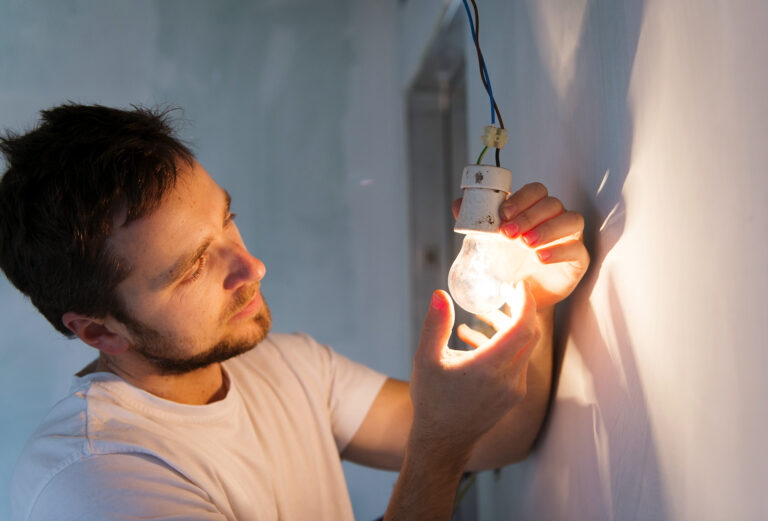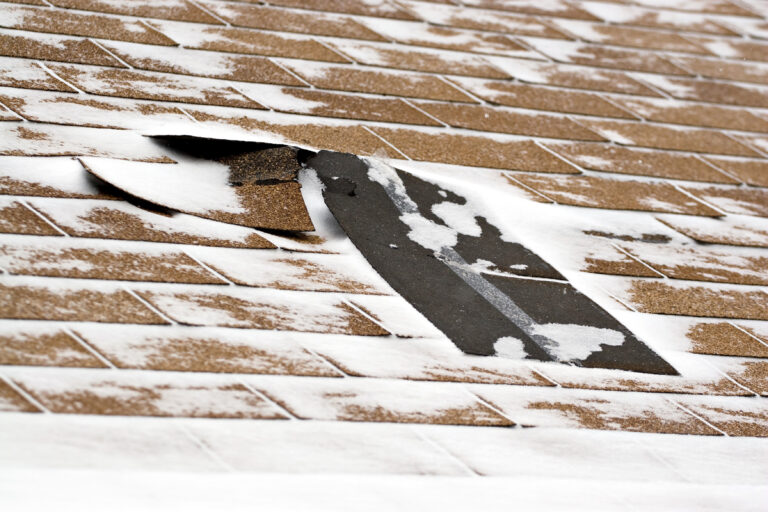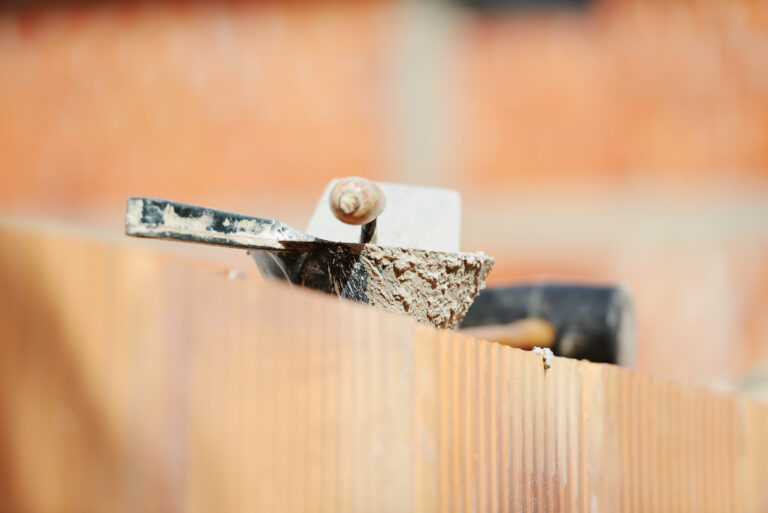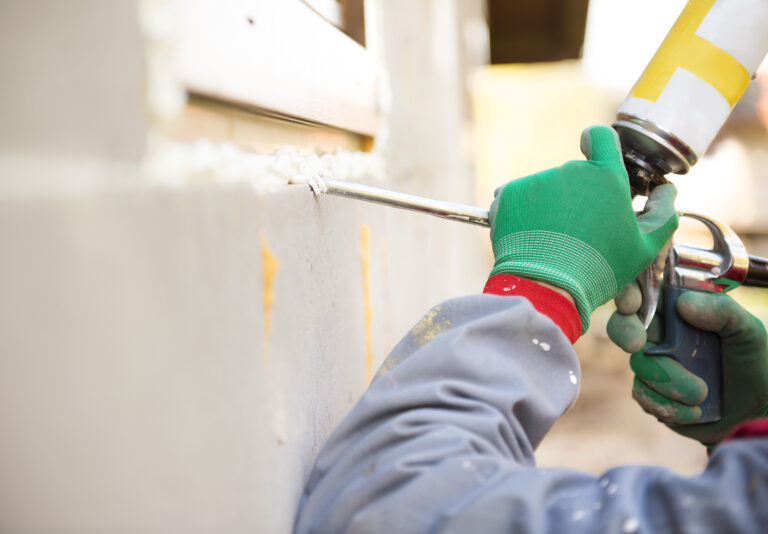Is Mold Making You Sick? Common Misconceptions about Mold Exposure and Its Impact on Your Well-Being
Mold is a type of fungus that can grow in damp or wet areas, both indoors and outdoors. While molds are commonly found in nature and play an essential role in breaking down dead organic matter, they can also pose significant health risks when present in large amounts within homes or other buildings. In this blog post, we will explore the common misconceptions surrounding mold exposure and its impact on your well-being.
Introduction to Mold and Its Health Effects
Mold can trigger allergies, asthma attacks, and other respiratory problems. It can also cause skin irritation, headaches, fatigue, and even more severe health issues such as bleeding lungs and neurological damage. The severity of these symptoms depends on several factors including the amount of mold present, the duration of exposure, and individual sensitivity levels.
Common Misconceptions About Mold Exposure
One common myth about mold is that it only affects people with weakened immune systems. However, anyone can experience adverse reactions to mold exposure regardless of their overall health status. Another misconception is that visible mold growth is always easy to detect. In reality, mold can often hide behind walls, under flooring, and inside air ducts where it may go unnoticed for extended periods.
Signs and Symptoms of Mold Exposure
Symptoms of mold exposure can be subtle at first but typically worsen over time if left untreated. They include:
Respiratory problems such as wheezing, coughing, and shortness of breath
Skin rashes or irritations
Headaches, memory loss, and difficulty concentrating
Fatigue, muscle aches, and joint pain
Preventing Mold Growth in Your Home
The best way to prevent mold growth is by controlling moisture levels in your home. This includes fixing leaks, improving ventilation, using dehumidifiers, and avoiding excessive humidity levels. Additionally, you should regularly clean surfaces prone to mold growth such as bathrooms, kitchens, and basements. If you suspect mold growth in your home, consult with a professional mold remediation company to assess the situation and develop a plan for removal and prevention.
In conclusion, while mold plays a vital role in nature, it can have negative effects on human health when present in large quantities within homes or other buildings. By understanding the common misconceptions surrounding mold exposure and taking steps to prevent mold growth in your home, you can protect yourself and your family from potential health hazards associated with mold.






